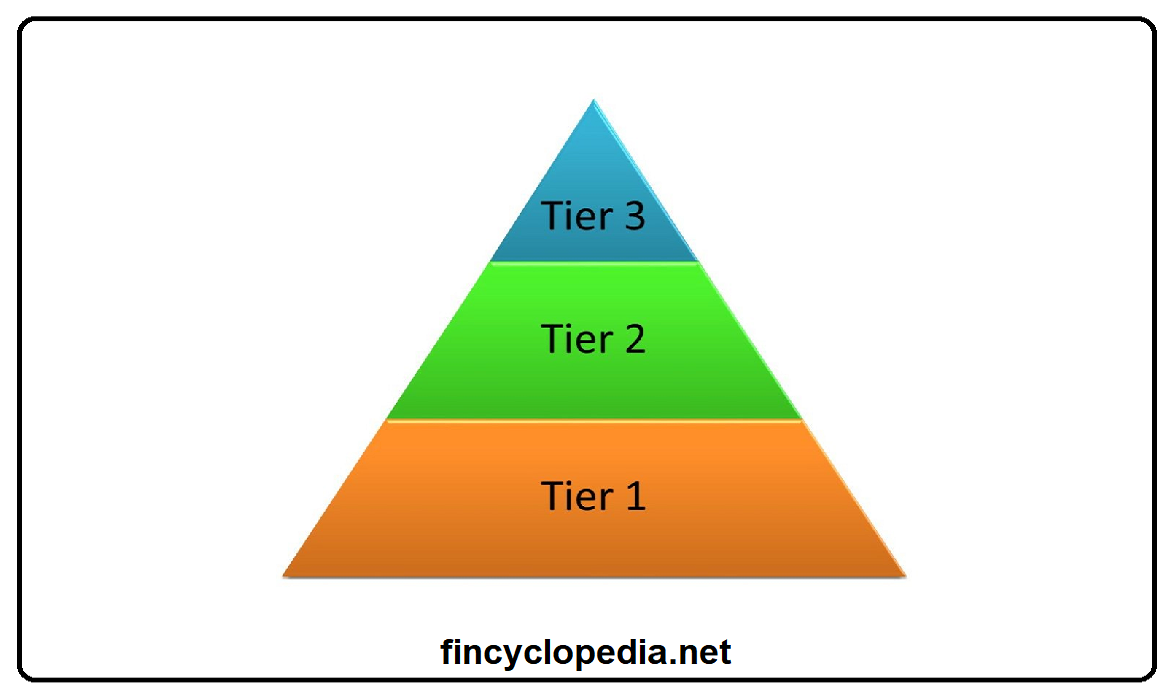A financial instrument that entails certain rights or obligations to its parties, and whose value is derived from an underlying or more (such as assets, entities, rates, prices, variables, etc.)
The derivative instrument involves a contract/ agreement between two or more parties, to exchanges two economic resources: price/ premium against an opportunity to win (a payoff), fixed payment against floating payment, a spot price against a future price, etc. The value of such an instrument is determined by fluctuations in the underlying asset, depending on the type involved: forward and futures contracts, options contracts, and swaps. These derivative instruments are characterized by a high degree of leverage (e.g., swap leverage, option leverage, futures leverage)
A derivative may be traded on or off an exchange (OTC derivatives). Derivatives do not directly transfer the underlying (unless the holder opts for physical delivery of the underlying). The main uses of derivatives include hedging risk/ exposure or locking-in a fixed rate/ price, and betting on market direction (speculative purposes).



